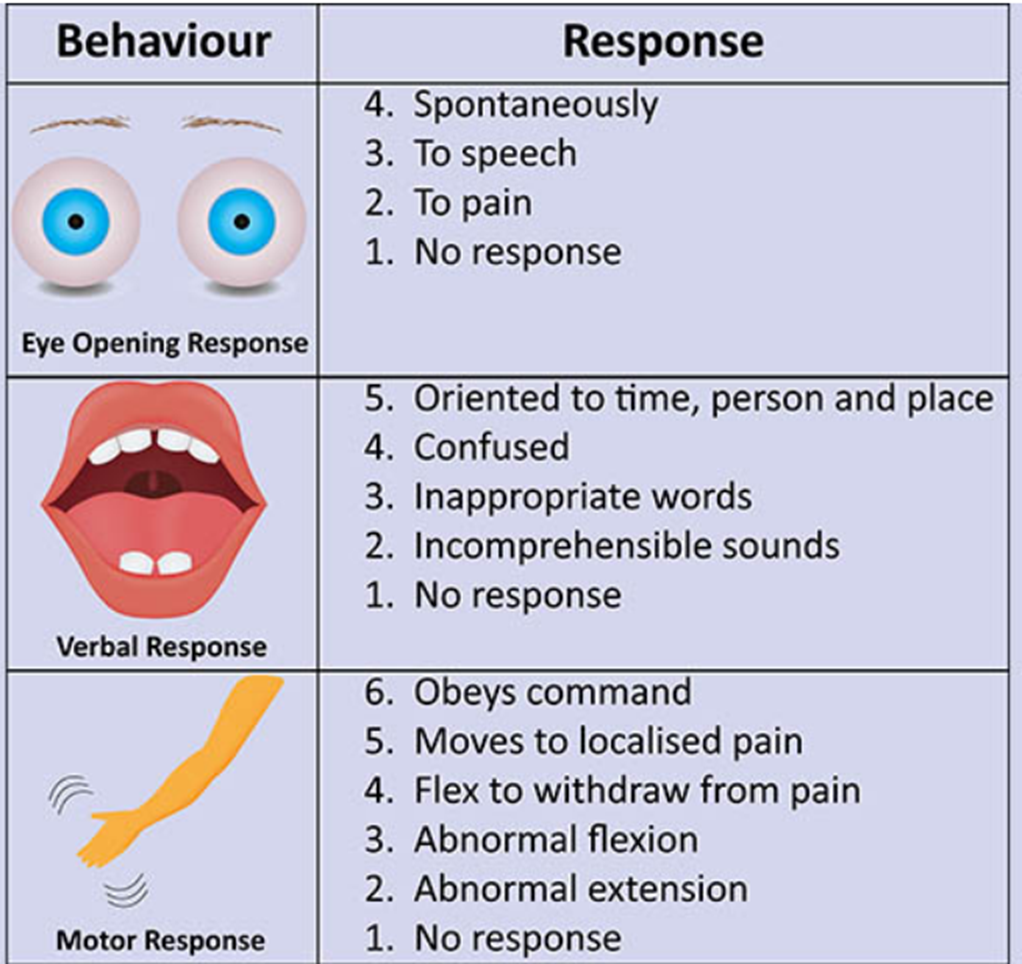An older adult client who has had several UTIs complains of constipation. What condition do you think this client might be suffering from?
Issues related to the digestive system
Vitamin B12 deficiency
Malnutrition
Dehydration
The Correct Answer is D
Choice A reason: This is incorrect because issues related to the digestive system are not likely to be caused by UTIs or constipation. Digestive system issues can include gastritis, ulcers, irritable bowel syndrome, or inflammatory bowel disease, which can cause symptoms such as abdominal pain, nausea, vomiting, diarrhea, or bleeding. These symptoms are different from UTIs or constipation, which affect the urinary and bowel functions, respectively.
Choice B reason: This is incorrect because vitamin B12 deficiency is not likely to be caused by UTIs or constipation. Vitamin B12 deficiency can occur due to poor dietary intake, malabsorption, or pernicious anemia, which can cause symptoms such as fatigue, weakness, numbness, tingling, or anemia. These symptoms are different from UTIs or constipation, which affect the urinary and bowel functions, respectively.
Choice C reason: This is incorrect because malnutrition is not likely to be caused by UTIs or constipation. Malnutrition can occur due to inadequate food intake, poor food quality, or increased nutritional needs, which can cause symptoms such as weight loss, muscle wasting, edema, or poor wound healing. These symptoms are different from UTIs or constipation, which affect the urinary and bowel functions, respectively.
Choice D reason: This is correct because dehydration can be caused by UTIs or constipation. UTIs can cause increased urination, fever, or vomiting, which can lead to fluid loss and dehydration. Constipation can cause reduced fluid intake, hard stools, or straining, which can also lead to fluid loss and dehydration. Dehydration can cause symptoms such as dry mouth, thirst, low urine output, dark urine, or low blood pressure. Dehydration can also worsen UTIs or constipation, creating a vicious cycle. Therefore, dehydration is a possible condition that the client might be suffering from.
Nursing Test Bank
Naxlex Comprehensive Predictor Exams
Related Questions
Correct Answer is D
Explanation
Choice A reason: Organize the reperfusion recombinant tissue plasminogen activator (tPA) infusion is not the appropriate step, as it is a treatment for acute ischemic stroke, which has not been confirmed in this client. tPA is a clot-busting drug that can restore blood flow to the brain, but it has strict criteria and time window for its use. The nurse should not assume that the client has a stroke without further assessment and diagnosis.
Choice B reason: Determine symptom onset or when the fall occurred is not the appropriate step, as it is not the priority for this client. The nurse should first assess the client's vital signs, neurologic status, and potential injuries from the fall. The symptom onset or fall time may be relevant for the diagnosis and treatment of the underlying cause, but it is not the most urgent information to obtain.
Choice C reason: Arrange for a transfer immediately to the radiology department is not the appropriate step, as it is not the most immediate intervention for this client. The nurse should first stabilize the client's condition, perform a thorough assessment, and obtain orders from the medical provider. The radiology department may be needed for diagnostic tests, such as computed tomography (CT) scan or magnetic resonance imaging (MRI), but it is not the first destination for this client.
Choice D reason: Perform a comprehensive neurologic assessment is the appropriate step, as it can help identify the possible cause of the client's balance problem and rule out a stroke or other serious condition. A neurologic assessment includes checking the client's level of consciousness, orientation, speech, cranial nerve function, motor strength, sensory perception, coordination, and reflexes. The nurse should also monitor the client's vital signs, oxygen saturation, and blood glucose levels.

Correct Answer is B
Explanation
Choice A reason: This method is not appropriate because it can cause physical and psychological harm to the client. It can injure the client's mouth, trigger a gag reflex, or cause choking. It can also make the client feel violated, frightened, or angry. This can worsen the client's behavior and damage the trust between the client and the caregiver.
Choice B reason: This method is appropriate because it can help the client maintain their dignity, autonomy, and sense of control. It can also stimulate the client's cognitive and motor skills, and encourage the client to participate in their own care. This can improve the client's mood and behavior, and foster a positive relationship between the client and the caregiver.
Choice C reason: This method is not appropriate because it can cause emotional and psychological harm to the client. It can make the client feel disrespected, humiliated, or threatened. It can also increase the client's anxiety, agitation, or resistance. This can worsen the client's behavior and damage the trust between the client and the caregiver.
Choice D reason: This method is not appropriate because it can cause physical and psychological harm to the client. It can injure the client's mouth, trigger a gag reflex, or cause choking. It can also make the client feel ignored, neglected, or devalued. This can worsen the client's behavior and damage the trust between the client and the caregiver.
Whether you are a student looking to ace your exams or a practicing nurse seeking to enhance your expertise , our nursing education contents will empower you with the confidence and competence to make a difference in the lives of patients and become a respected leader in the healthcare field.
Visit Naxlex, invest in your future and unlock endless possibilities with our unparalleled nursing education contents today
Report Wrong Answer on the Current Question
Do you disagree with the answer? If yes, what is your expected answer? Explain.
Kindly be descriptive with the issue you are facing.
